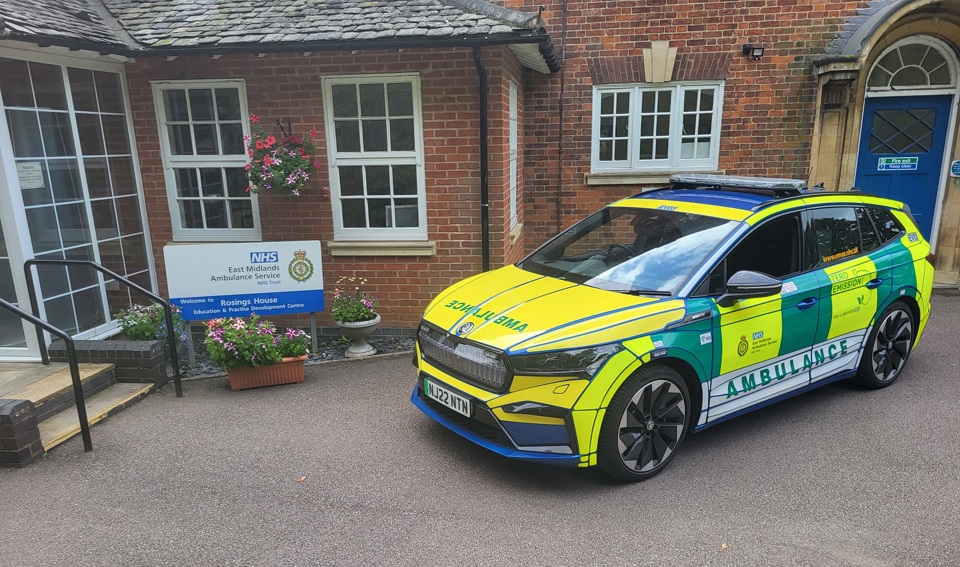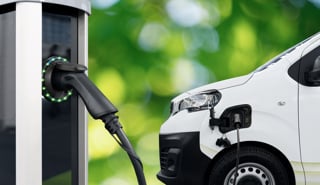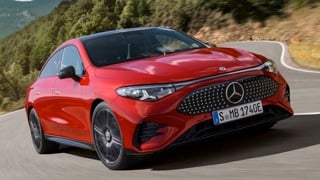NHS England has outlined its plans to fully decarbonise its fleet in a new travel and transport strategy.
The organisation, which has the second largest fleet in the country, calculates its vehicles, combined with the impact of commissioned services and staff travel, directly contributes to the 36,000 deaths that occur every year from air pollution.
It has more than 20,000 vehicles travelling more than 460 million miles each year, and NHS has committed to fully decarbonise its fleet by 2035, with ambulances following in 2040.
Its Net Zero Travel and Transport Strategy - which can be downloaded here - outlines several key steps to reach net zero:
- By 2026, sustainable travel strategies will be developed and incorporated into trust and integrated care board green plans.
- From 2027, all new vehicles owned and leased by the NHS will be zero emission (excluding ambulances)
- From 2030, all new ambulances will be zero emission vehicles.
- By 2033, staff travel emissions will be reduced by 50% through shifts to more sustainable forms of travel and the electrification of personal vehicles.
- By 2035, all vehicles owned and leased by the NHS will be zero emission vehicles (excluding ambulances) and all non-emergency patient transport services will be undertaken in zero emission vehicles.
- In 2040, the full fleet will be decarbonised. All owned, leased and commissioned vehicles will be zero emission.
The strategy describes the interventions and modelling underpinning these commitments, walking through each of the major components of the NHS fleet and outlining the benefits to patients and staff.
Trusts will be provided with a forthcoming net zero travel and transport implementation toolkit and technical support document to aid local and regional delivery.
NHS England says strong progress has already been made in decarbonising its fleet, with NHS Innovation delivering the world’s first zero emission ambulance in the West Midlands, and Sheffield Children’s NHS Foundation Trust becoming the first NHS trust in the country to fully decarbonise its fleet.
Seven ambulance trusts are currently trialling 21 zero-emission emergency vehicles, six of which are dedicated mental health response vehicles, cutting emergency response times and reducing demand on traditional double-crewed ambulances.
In addition, 12 new electric 19-tonne trucks are already being trialled across the NHS, while London Ambulance Service NHS Trust has procured 42 fully-electric fast response vehicles.
South Central Ambulance Service has purchased 10 electric tactical response vehicles and, for the first time ever, drones have been used to deliver vital chemotherapy to the Isle of Wight, reducing a four-hour journey time by road and sea to a 30-minute flight.





















Login to comment
Comments
No comments have been made yet.